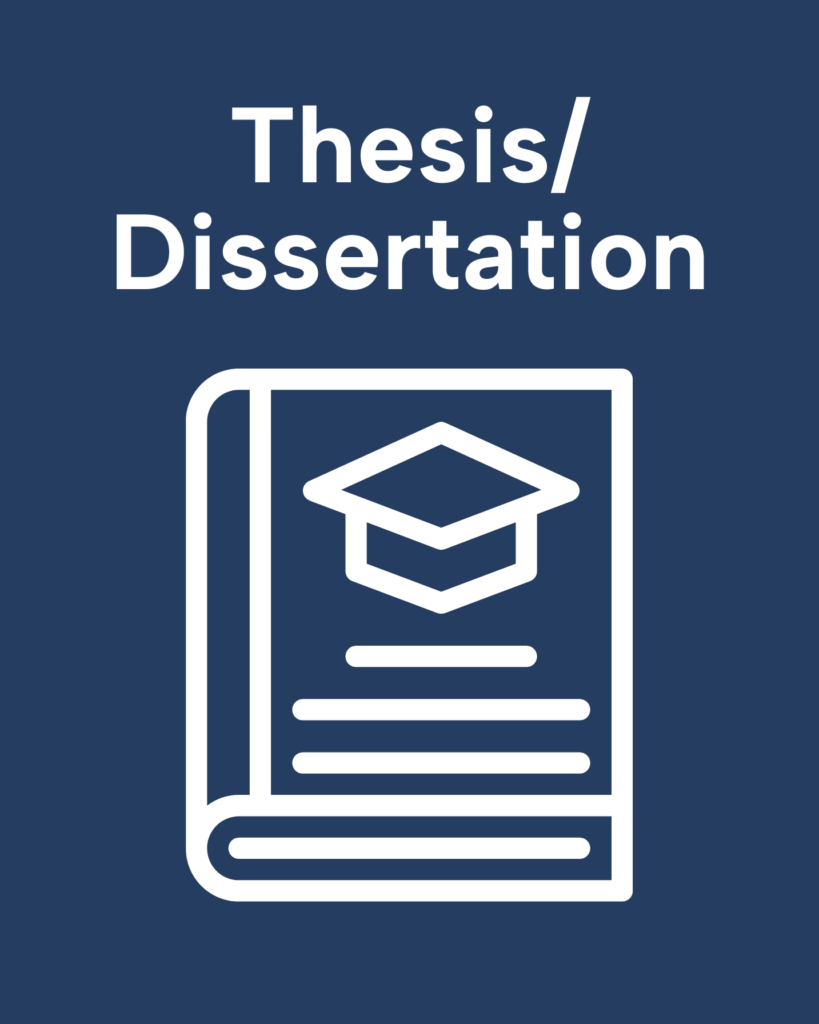A controlled study of brief online eye movement desensitization and reprocessing (EMDR) therapy to treat symptoms of childbirth trauma experience
Study of the effectiveness of EMDR as a treatment for trauma symptomatology related to adverse childbirth experiences.
Article Abstract
“Childbirth traumatic experiences are an overlooked area of maternal psychological suffering that can lead to posttraumatic stress disorder, perinatal mood and anxiety disorder, and adverse infant outcomes (Cook et al., 2018; Dekel et al., 2017; Slomian et al., 2019). A literature review demonstrated that there had been little research into the use of brief trauma interventions for this population in the postpartum period and a lack of evidence in delivering such interventions online. This study examined the effectiveness of eye movement desensitization and reprocessing (EMDR) as a treatment for trauma symptomatology related to adverse childbirth experiences, compared to a control group intervention.
Twenty-six mothers with significant trauma symptoms related to their childbirth experience were randomly assigned to a treatment or control group. Participants in the intervention group received three 90-minute online sessions following the standard EMDR protocol. Participants in the control group received three 90-minute online sessions of a stabilizing procedure to enhance access to positive memories, similar to positive affect training. Each subject took the impact of events scale revised (IES-R) and the birth trauma city scale (BiTS) before and after the intervention and at the 6-month follow-up.
Pre- to post-treatment Wilcoxon signed ranks tests for the EMDR group showed a significant reduction in trauma scores (p(1-tail) < 0.0002) with a large effect size (d = 0.8) based on the IES-R and a small to medium effect size (d = 0.4) based on the BiTS. Between-group comparison using a Mann-Whitney U test showed a significant statistical difference in the direction of functionality, with EMDR showing superior treatment gains based on the IES-R (z = −0.2.184, p = .028). Still, the difference between groups did not reach statistical significance based on the BiTS questionnaire (z = −0.951, p = .355). Follow-up with participants at 6 months post-treatment showed sustained gains.
The results of this study support the hypothesis that EMDR is an effective treatment for women suffering from trauma symptomatology related to an adverse childbirth experience. Additionally, this investigation’s brief and online delivery format can potentially reduce barriers to accessing mental health treatment postpartum for the millions of women affected by this issue every year.”
—Description from publisher
Article Access
Open Access
Wetherell, S. (2023). A controlled study of brief online eye movement desensitization and reprocessing (EMDR) therapy to treat symptoms of childbirth trauma experience (Publication No. 30527027) [Doctoral dissertation, Saybrook University]. Proquest Dissertations Publishing; https://www.proquest.com/openview/df55beed2e51a75248e845a4663f5129/1?pq-origsite=gscholar&cbl=18750&diss=y
Date
June 1, 2023
Creator(s)
Silvia Wetherell
Topics
Pregnancy/Perinatal
Practice & Methods
Efficacy
Extent
113 pages
Publisher
Saybrook University
APA Citation
Wetherell, S. (2023). A controlled study of brief online eye movement desensitization and reprocessing (EMDR) therapy to treat symptoms of childbirth trauma experience (Publication No. 30527027) [Doctoral dissertation, Saybrook University]. Proquest Dissertations Publishing; https://www.proquest.com/openview/df55beed2e51a75248e845a4663f5129/1?pq-origsite=gscholar&cbl=18750&diss=y
Audience
EMDR Therapists, Other Mental Health Professionals
Language
English
Content Type
Thesis/Dissertation
Access Type
External Resource, Open Access





